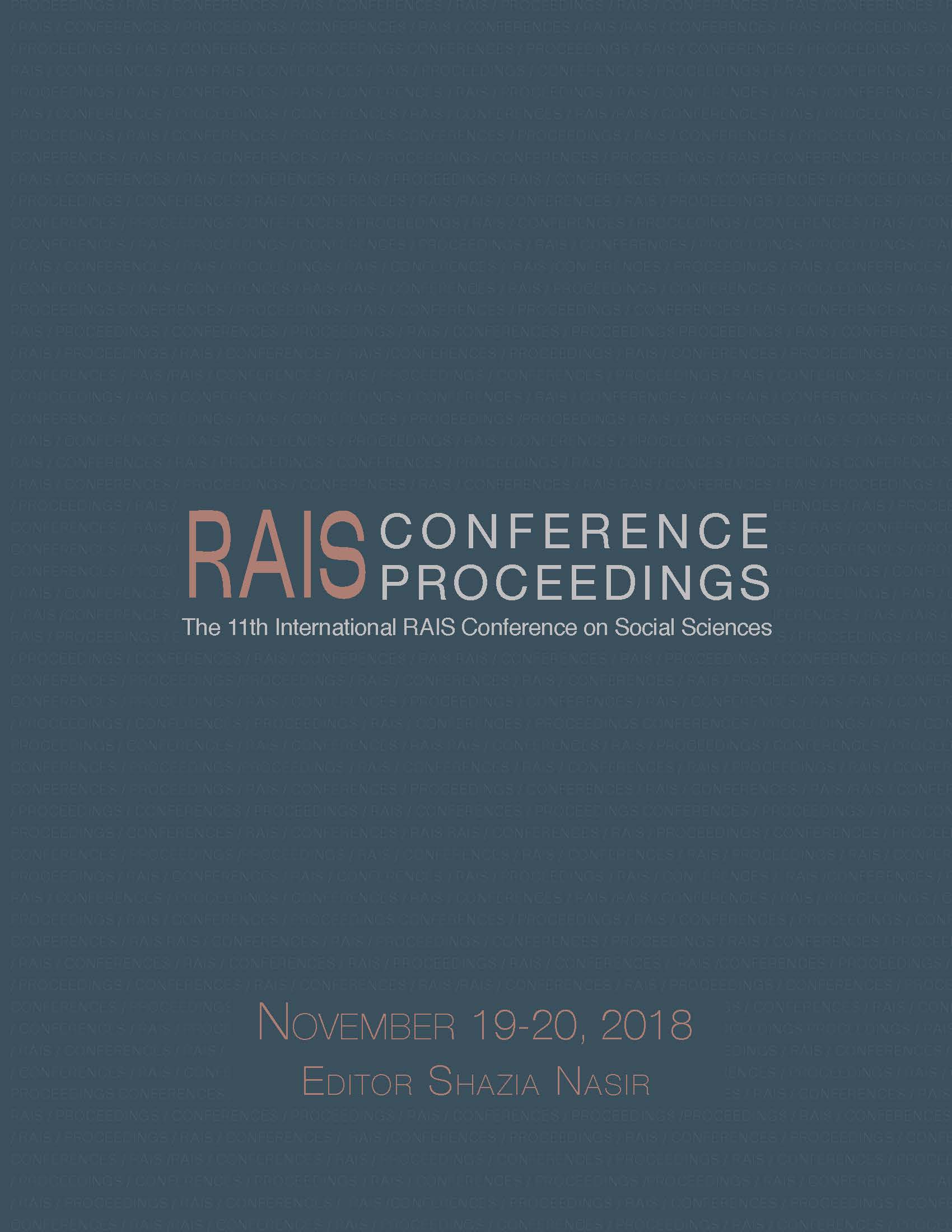The Principle of Legality
The Principle of Legality
Author(s): Daniel Grădinaru
Subject(s): Criminology
Published by: Scientia Moralitas Research Institute
Keywords: accessibility; criminal law; foreseeability; legality; retrospective application;
Summary/Abstract: The principle of legality, in criminal law, means that only the law can define a crime and prescribe a penalty (nullum crimen, nulla poena sine lege). It also embodies, that the criminal law must not be extensively interpreted to an accused′s detriment, for instance by analogy. According to that principle, an offence must be clearly defined in the law. The concept of law comprises written as well as unwritten law and implies qualitative requirements, notably those of accessibility and foreseeability. The requirements are satisfied where the individual can now from the wording of the relevant provision and, if need be, with the assistance of courts′ interpretation of it, what acts and omissions will make him criminally liable. The principle of legality also includes the rule which prohibit the retrospective application of the criminal law to an accused′s disadvantage. That principle is enshrined in the constitutions of many countries as well as in the most important international convention that protects human rights.
Book: Proceedings of the 11th International RAIS Conference on Social Sciences
- Page Range: 289-294
- Page Count: 5
- Publication Year: 2018
- Language: English
- Content File-PDF

